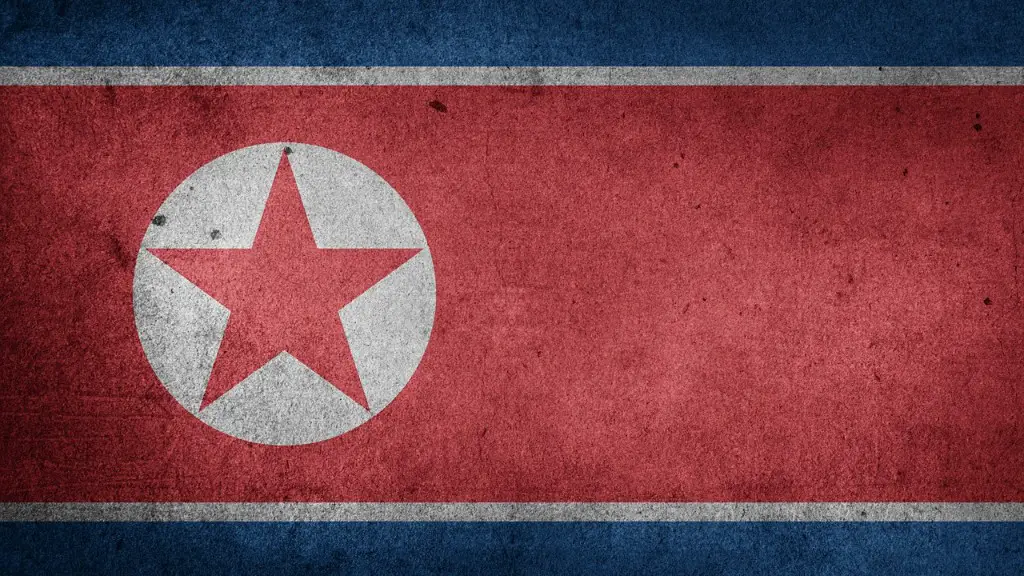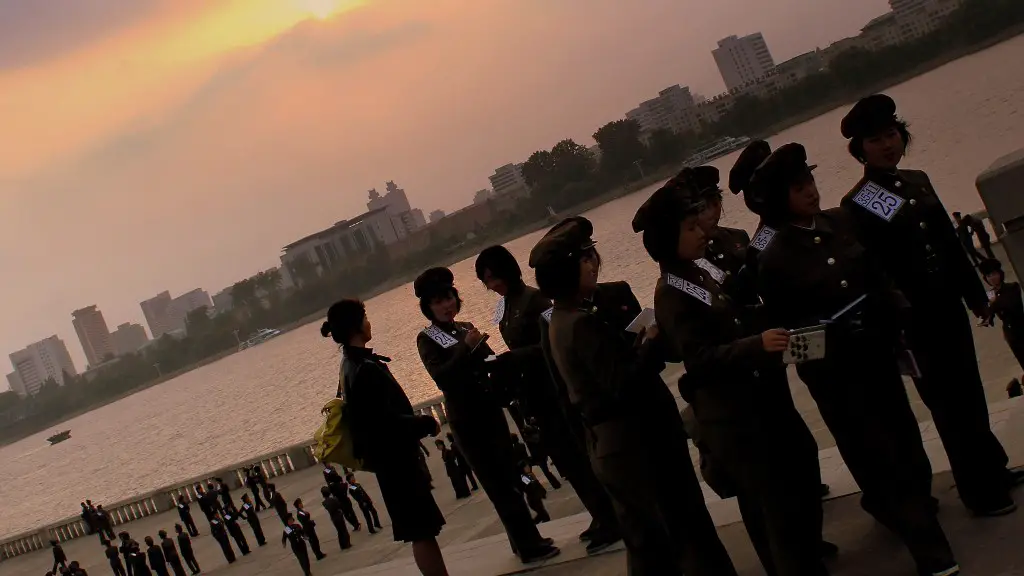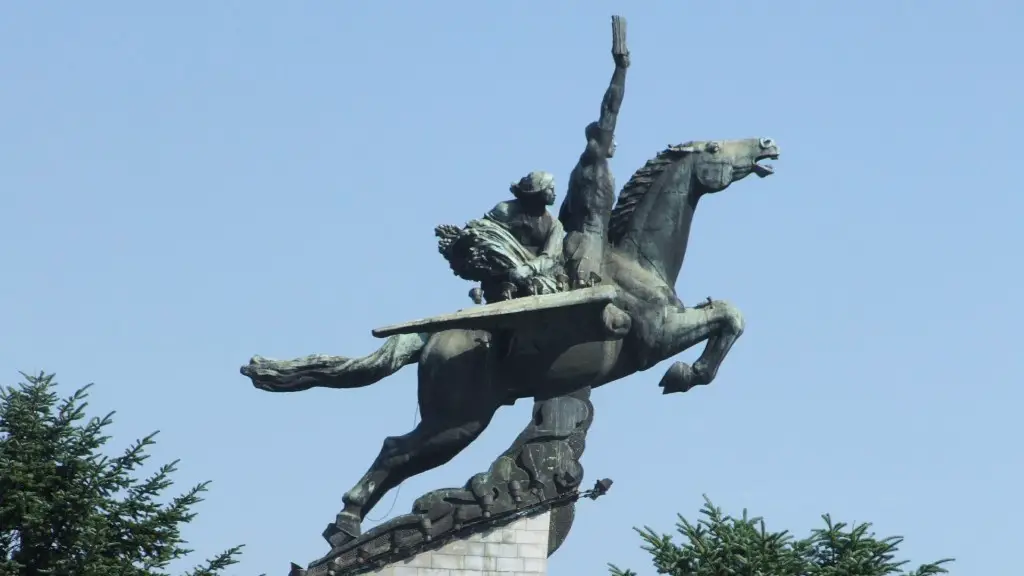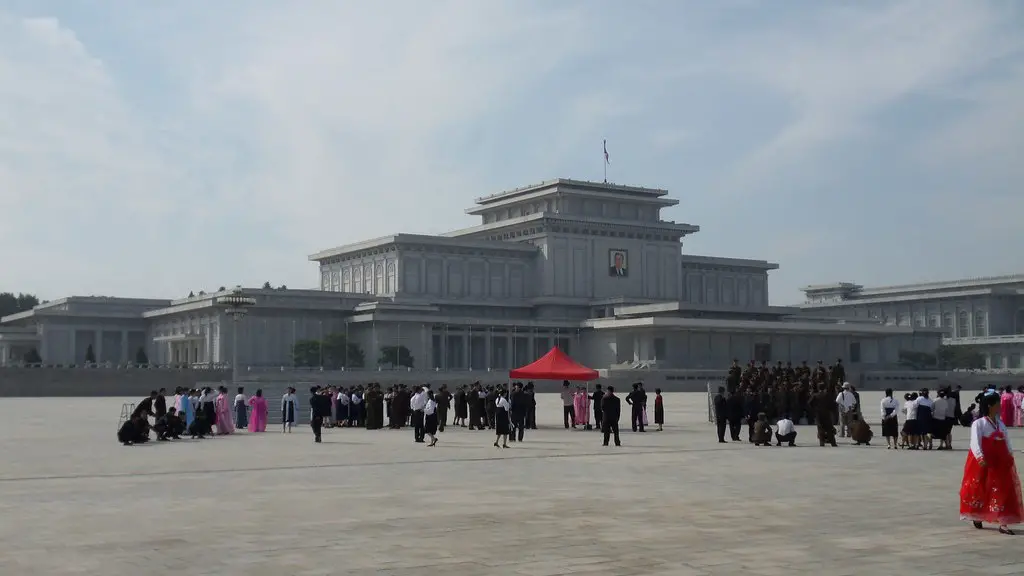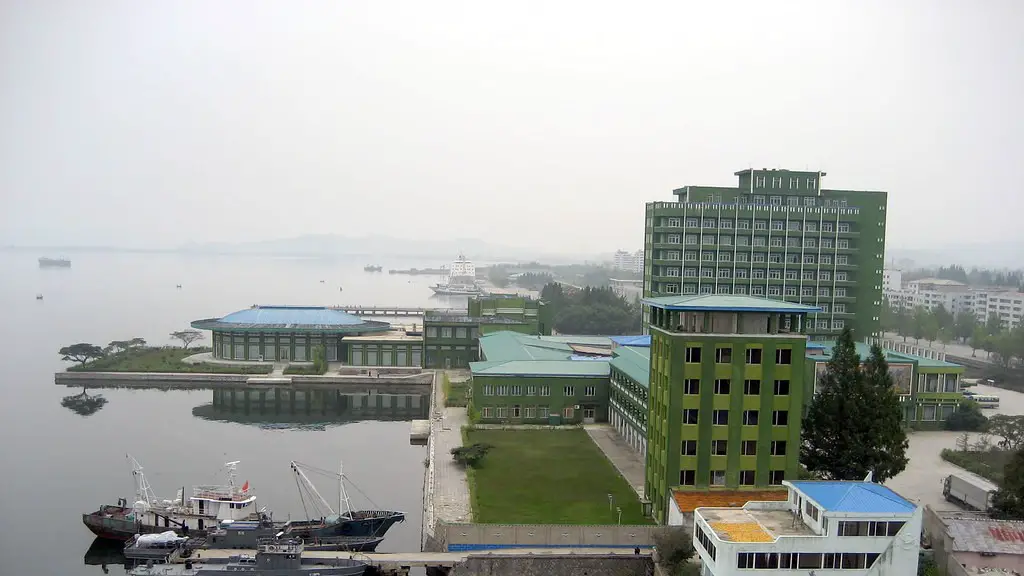Throughout the past few decades, North Korea has developed a reputation of being a reclusive and secretive state. With its citizens facing a variety of restrictions, and occasional international accusations of human rights violations, many have speculated if and when North Korea will ever open up.
The primary driving force behind North Korea’s isolation remains its relations with South Korea, whom it has been officially at war with for over 70 years. With the Korean War ending in 1953, the two countries remain separated by the heavily militarised Demilitarized Zone (DMZ), a 2.5-mile wide buffer zone that acts as a heavily enforced border. Additionally, North Korea’s often antagonistic attitude has kept the country in a tense but fragile peace agreement with both South Korea and the United States.
Yet in recent years, North Korea has demonstrated a greater willingness to comply with international relations by allowing a diplomatic exchange between themselves and the international community. Its involvement in the 2018 Winter Olympics held in South Korea was a major step forward for the nation, and further negotiations produced the Singapore Summit between U.S. President Donald Trump and North Korean leader Kim Jong-un. Such initiatives suggest that North Korea may be on the brink of a historic thaw.
Many experts believe that economic factors may be the determining factor behind North Korea’s decision to open up. Currently, UN-imposed sanctions have severely hindered the nation’s economic output, whilst its citizens are responsible for a majority of their own food production. This, combined with a lack of reliable transportation networks and a population of over 25 million, results in a sluggish and inefficient domestic economy.
North Korea’s leaders certainly appear to recognise this. In April 2018, Kim Jong-un announced the ‘New Economic Plan’, an initiative set to focus on stabilising the domestic economy and modernising the country’s outdated industries. To many, this could be a sign that North Korea is ready to open its doors to the international community and enter an era of international collaboration and progress.
Regardless of what measures need to be taken to achieve true social and economic reform within North Korean borders, it’s clear that the nation has become more willing to open up to the rest of the world. Through the simple fact of allowing dialogues for a peaceful solution, it’s fair to suggest that North Korea is trying to repair its fractured reputation.
Improving US-North Korea Relations
Although North Korea’s diplomatic efforts to improve international relations are apparent, the nation’s relationship with the US remains strained. Despite initial calm from both sides after the 2018 Singapore Summit, the prospect of a friendly agreement between both countries is still questionable.
Many argue that North Korea’s attempted negotiations with other countries are simply guises to build diplomatic allies and reduce the impact of US sanctions. This conclusion stems from North Korea’s consistent failure to make substantive changes in reform initiatives. Whilst a joint statement between the US and North Korea was released, the document was seen as vague and lacking specific initiatives.
Others, however, maintain the opinion that North Korea is still carrying out reforms both domestically and away from the watchful eye of the US. In June 2018, North Korean media reported on a series of educational and import adjustment reforms that may suggest an attempt to modernise the country.
Whichever conclusion is made, it’s clear that US-North Korea relations require deeper trust for true change. US skepticism of North Korea’s motives continues to be a major obstacle to greater dialogue, with it being paramount for both countries to reach a lasting agreement for a more stable world order.
Implications of North Korea Opening Up
The implications of North Korea opening up to the world remain abstract. Depending on which strategies North Korea’s leaders decide to take, the move could draw both universal praise and formidable condemnation.
If North Korea decided to embrace market reform and liberalisation, then the potential consequences could transform the region. North Korea’s population of 25 million would benefit from greater access to education, while the increased productivity of North Korea’s industries may lead to a more unified, wealthier Korean Peninsula. On the global stage, North Korea may gain greater regional stability and world recognition, thus forming a stronger regional alliance.
At the same time, economists warn of a possible economic shock that could follow North Korea’s openness. A sudden flow of foreign investments and manpower into the nation could disrupt its current balance; global corporations may exploit North Korean citizens and the local market, leading to a disproportion in economic growth and inequality. Additionally, North Korea’s still-existing military and non-conformist values may clash with Western standards and clash with democratic ideals.
International Responses to North Korean Reforms
As North Korea attempts to repair its damaged image with some international reforms, various nations have offered their own, unique reactions. Some nations have praised the nation’s forward thinking, whilst others remain wary of North Korea’s potential deceptiveness.
Japan, in particular, believes North Korea’s reforms are inadequate to prevent the nation retaining its nuclear capabilities. Japan’s Prime Minister Shinzo Abe has called for a renewed sense of caution towards North Korea, citing past victimization from North Korea’s growing nuclear dominance as cause for further precautious.
Meanwhile, China is offering its own reward for North Korea’s attempts at better international relations. China’s international support for North Korea has been increasingly evident in recent years, and Chinese President Xi Jinping has recently hosted North Korea’s leader Kim Jong-Un twice in 2018. It is easy to connect the dots and view China as a major player in North Korea’s attempt to reform both domestically, and within international borders.
Role of South Korea
The relationship between North Korea and South Korea is a clear indicator of North Korea’s attempt to normalise its reputation. Since 2018, the two have held a series of negotiations, starting with North Korea’s delegation to the 2018 Winter Olympics and culminating in the successful organisation of the 2019 Inter-Korean Summit.
The two nations have agreed on several reforms to increase cross-border relations, including the re-establishment of a joint liaison office and the revival of economic co-operation by joining forces on railway projects and establishing economic co-operation zones.
Both of these developments suggest that North Korea has been aggressive in its attempt to build a friendlier relationship with its neighbour; taken with South Korea’s own interest in unified international relations, this could be a clear indicator of wider opening up of the North Korean peninsula.
Sanctions Against North Korea
UN sanctions remain a common obstacle to more peaceful international relations, with North Korea still subject to several trade restrictions. Since 2017, North Korea has come under fire a series of UN Sanctions that have prohibited a wide range of exports, including arms, petroleum, and other important products.
Whilst it is true that these sanctions have been successful in curbing North Korea’s international involvement, they have been met with criticism from some of North Korea’s neighbors. China and Russia, in particular, believe that numerous sanctions are too restrictive, and can lead to destabilisation of the region.
In spite of this, the US remains reluctant to lessen sanctions until North Korea has completed de-nuclearisation. In response, North Korea has stated that whilst it remains committed to negotiations, it may withdraw from any talks that involve solely economic concessions.
Consequently, it appears that the relaxation of sanctions are essential for North Korea to engage in opening up. Until international diplomacy is achieved, it’s unclear when, or even if, sanctions will be reduced.
